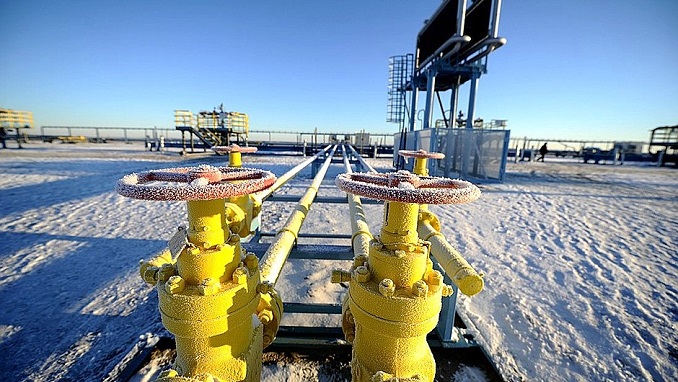If Bulgaria wants to reduce its energy dependence on Russia, it will need much bigger support from its EU and NATO allies, Bulgarian diplomat Dimitar Abadjiev writes in an op-ed for Newsweek.
According to Abadjiev, energy security has been one of the country’s top priorities for its strategic goals.
When Bulgaria became a part of the EU and NATO, it was hoping that this would also affect the country’s energy dependence on Russia. However, the process turned out to be much more complicated, requiring a lot of time, diplomatic skills, and commitment, Abadjiev says.
“Russia supplies Bulgaria with around 95 percent of its natural gas, and Bulgaria has sought unsuccessfully to import gas from elsewhere, especially Azerbaijan. Russia also supplies approximately 90 percent of Bulgaria’s refined petroleum products, which are produced in a Soviet-era refinery that was privatized and acquired by Russian company Lukoil.” Abadjiev, who currently serves as an ambassador to Saudi Arabia and Bahrain, explains in the op-ed.
The country also has an old and aging nuclear energy facility made on Russian design and needs updating. For this, Bulgaria is also heavily dependent on Russia. So, even though the country is a part of NATO and the EU, it is still dependant on Russia regarding energy needs.
According to the Bulgarian diplomat, this poses a significant risk for Sofia’s ability to develop genuinely independent national security and foreign policy.
“We want to be full participants in NATO and the European Union, with the same freedom of action and ability to participate in joint actions as our partners, but the lack of energy independence is a potential constraint.” he says.
The Eastern European country needs more political support from its Euro-Atlantic partners to break away from this influence. “We need to finalize a pipeline project with Greece. We need to look for ways to modernize the Kozloduy nuclear power station using technology from our allies in Europe and the U.S.,” Abadjiev points out.
Although Bulgaria also has significant historical and cultural ties with Russia and good trade relations, Sofia has to expand its reliance on other partners in the West.
“We cannot be truly independent if we are the weaker partner in a perpetual state of dependence on Russia for our energy needs. We would always be looking over our shoulder at Russia’s ability to provide the energy we need or not, and that cannot help but affect our decision-making process. It could even constrain our actions, and I don’t think any nation would want to be in that kind of position.” the Bulgarian ambassador points out.
Currently, Bulgaria and other countries in the region that heavily rely on Russia for energy, are at crossroads. What Sofia needs to do next in terms of its energy security will also play an essential role in the country’s foreign policy for years to come.
Additionally, this can also very well affect the security and cohesion of NATO and the EU, Abadjiev concludes.












